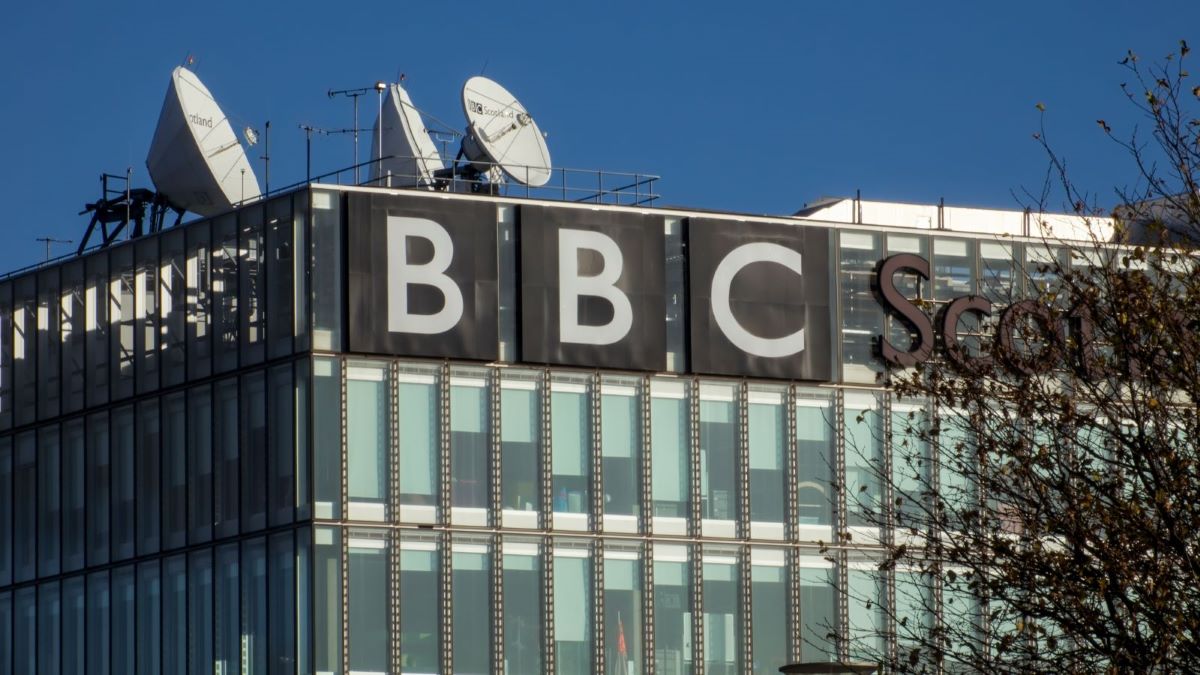After decades of selling off essential services, are ordinary Britons paying the price for privatisation?
1. Baggage Handlers: Airport Chaos, Anyone?
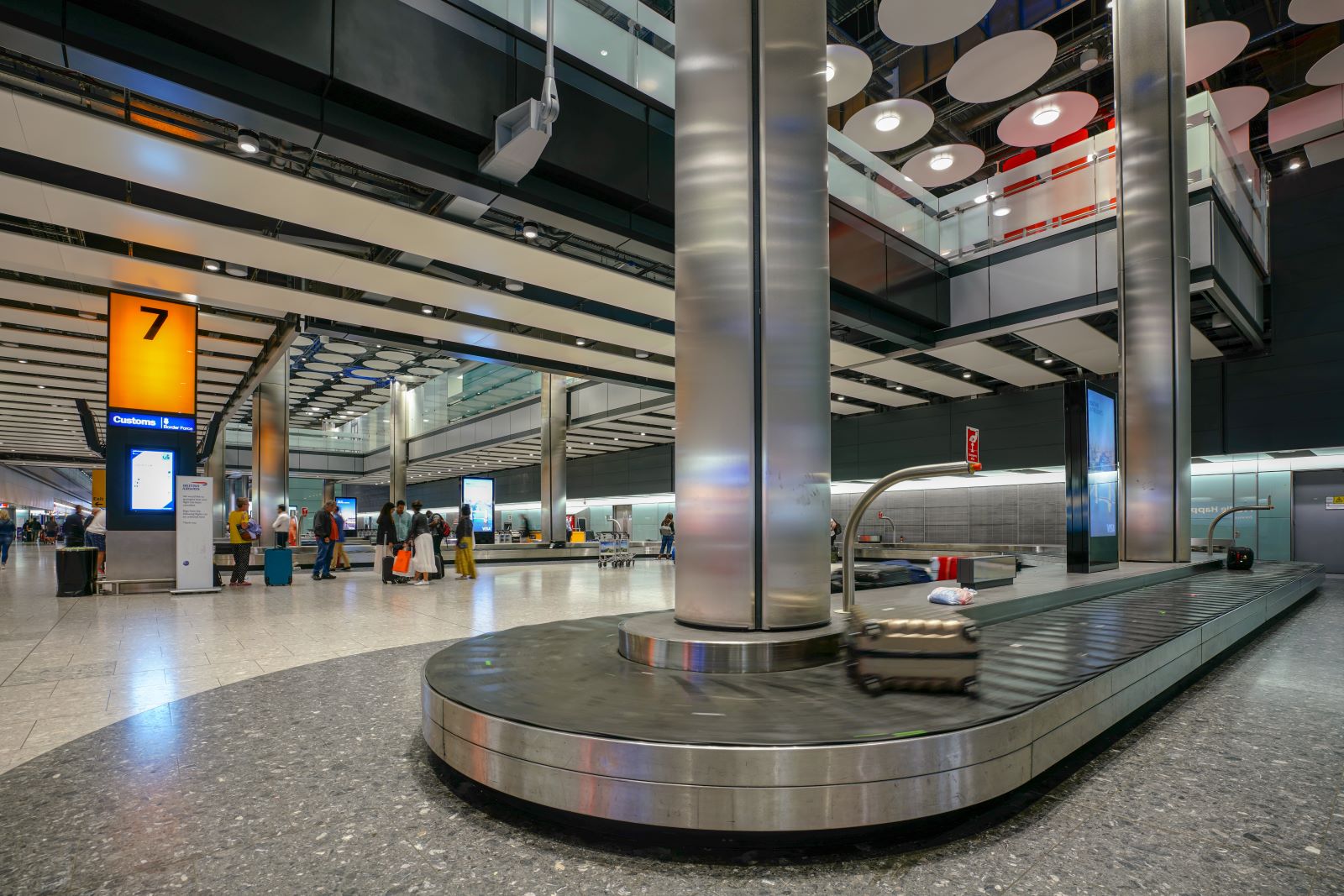
If you’ve spent hours waiting for your luggage or had it lost at a UK airport, you’re not alone. Privatising baggage handling has been a nightmare for passengers, with understaffed services causing major disruptions. In 2022, UK airports were brought to a standstill due to private operators failing to manage the chaos, while countries like Germany, with state-run airport services, avoided such catastrophes.
2. Water: We’re All Paying the Price
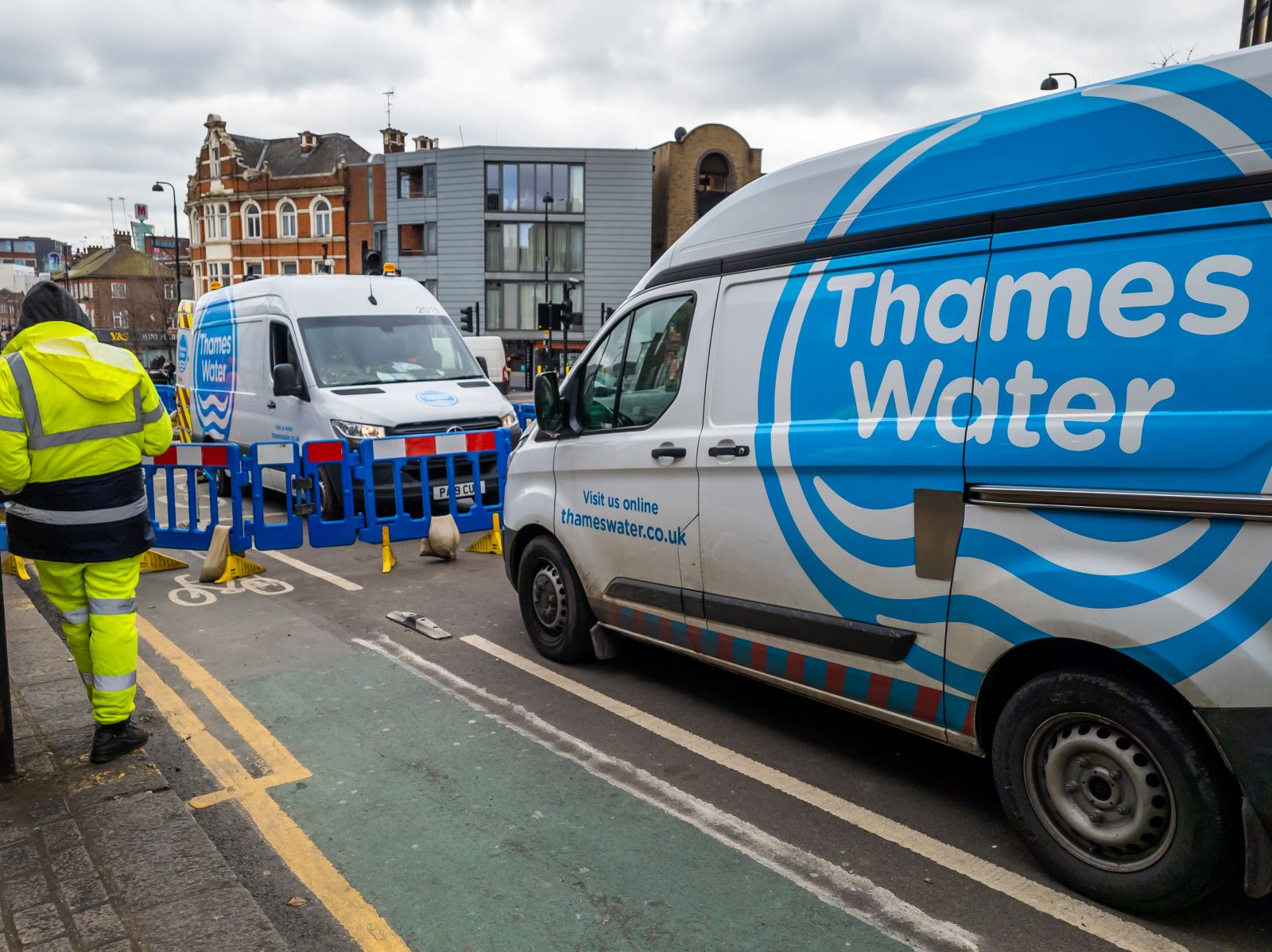
Since privatising England’s water companies in 1989, bills have gone up by 40% while infrastructure crumbles. Over £57 billion has gone to shareholders, yet leaks and pollution persist. In Scotland, where water remains public, the bills are lower, and the service is better. It’s hard not to see who’s benefiting from privatisation—and it’s certainly not the public.
3. Railways: Overpriced and Underperforming

Fed up with constant delays and sky-high fares? You’re not alone. British railways are now the most expensive in Europe, with some season tickets costing five times more than in other countries. Despite taxpayers still funding the railways to the tune of billions, private companies continue to deliver subpar services. In Germany and France, public rail services are cheaper and more reliable—proof that not everything should be up for sale.
4. Energy: Big Bills, Little Benefit

Energy privatisation has left us with some of the highest bills in Europe. In 2023, the average UK household faced annual energy costs of over £2,500. Meanwhile, France, with its state-owned EDF, managed to protect consumers from the worst price hikes. Britain’s energy market, dominated by private companies, has left households paying for profits rather than affordable energy.
5. Royal Mail: Service in Decline
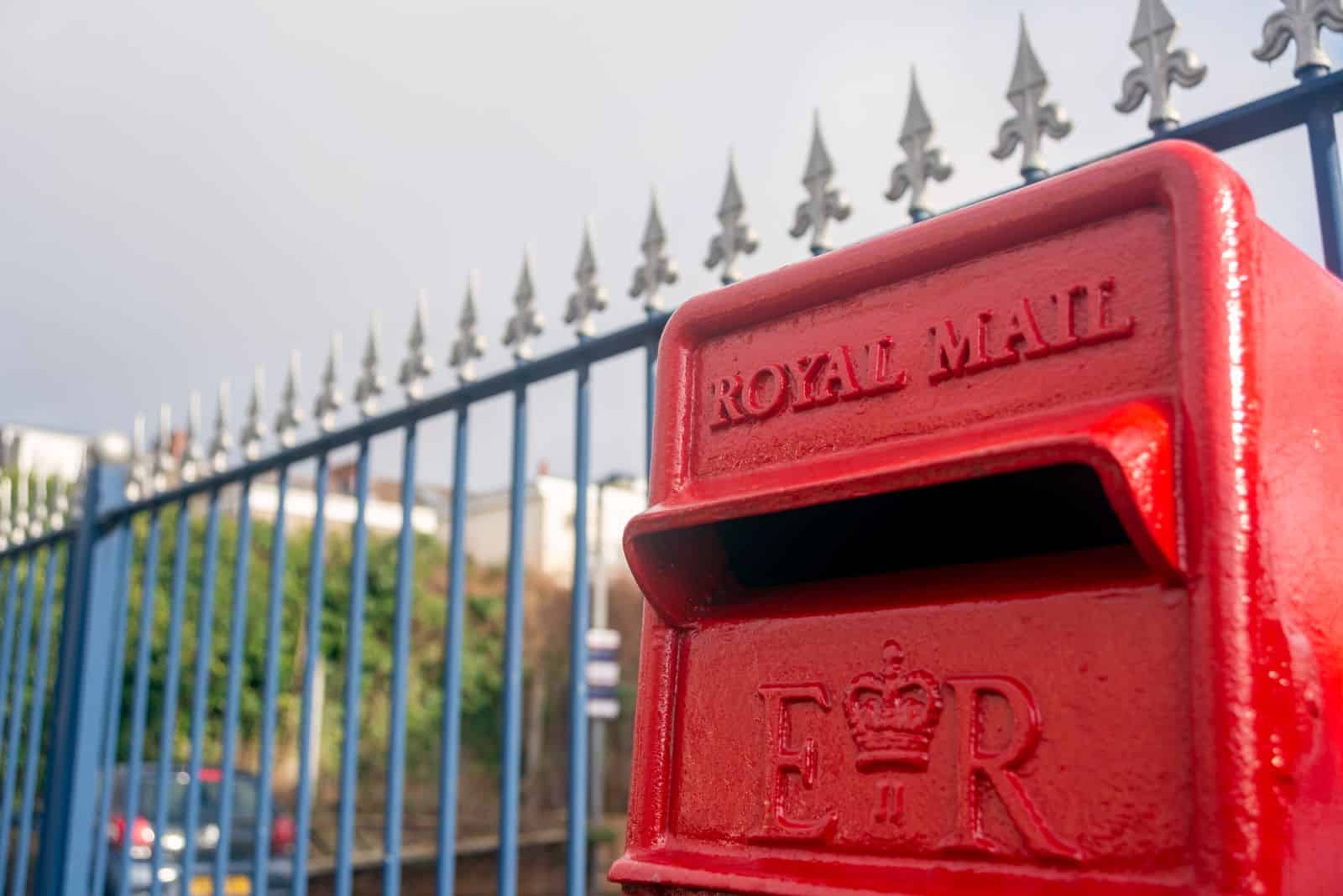
Since Royal Mail was sold off in 2013, sending a letter has become 60% more expensive, and the service has worsened. In countries like France, where the postal service remains public, prices have stayed lower, and service quality has remained high. In the UK, Royal Mail’s shift towards profits has come at the cost of the very people it’s meant to serve.
6. Airports: Privatisation Taking Off, Service Falling Flat
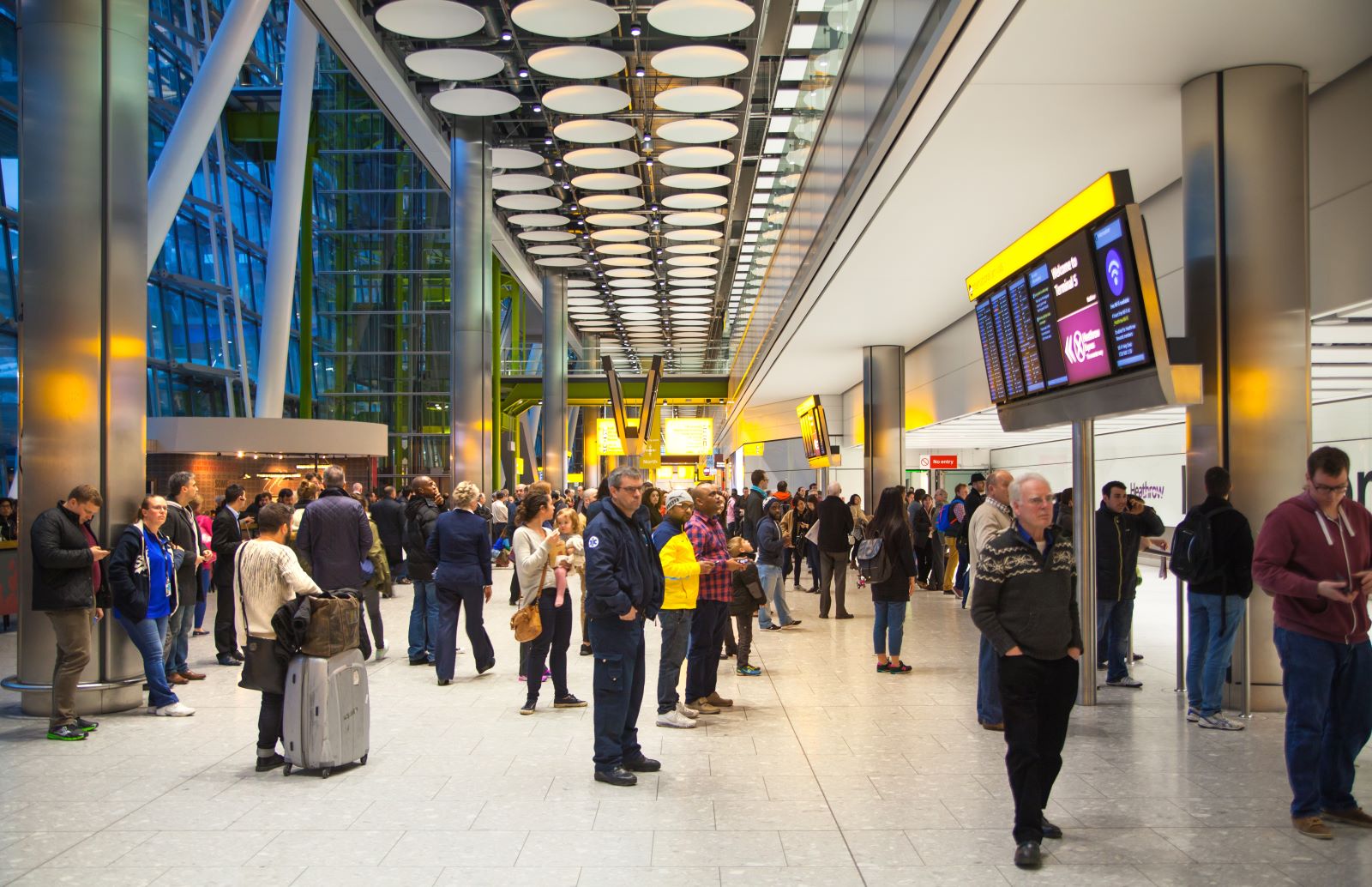
Heathrow and other major UK airports were sold off, leading to higher fees for passengers. Meanwhile, investment in infrastructure has lagged. In Zurich, publicly owned airports have managed to keep fees fair and improve infrastructure—showing that selling off strategic assets isn’t always the answer.
7. Public Land: Sold to the Highest Bidder
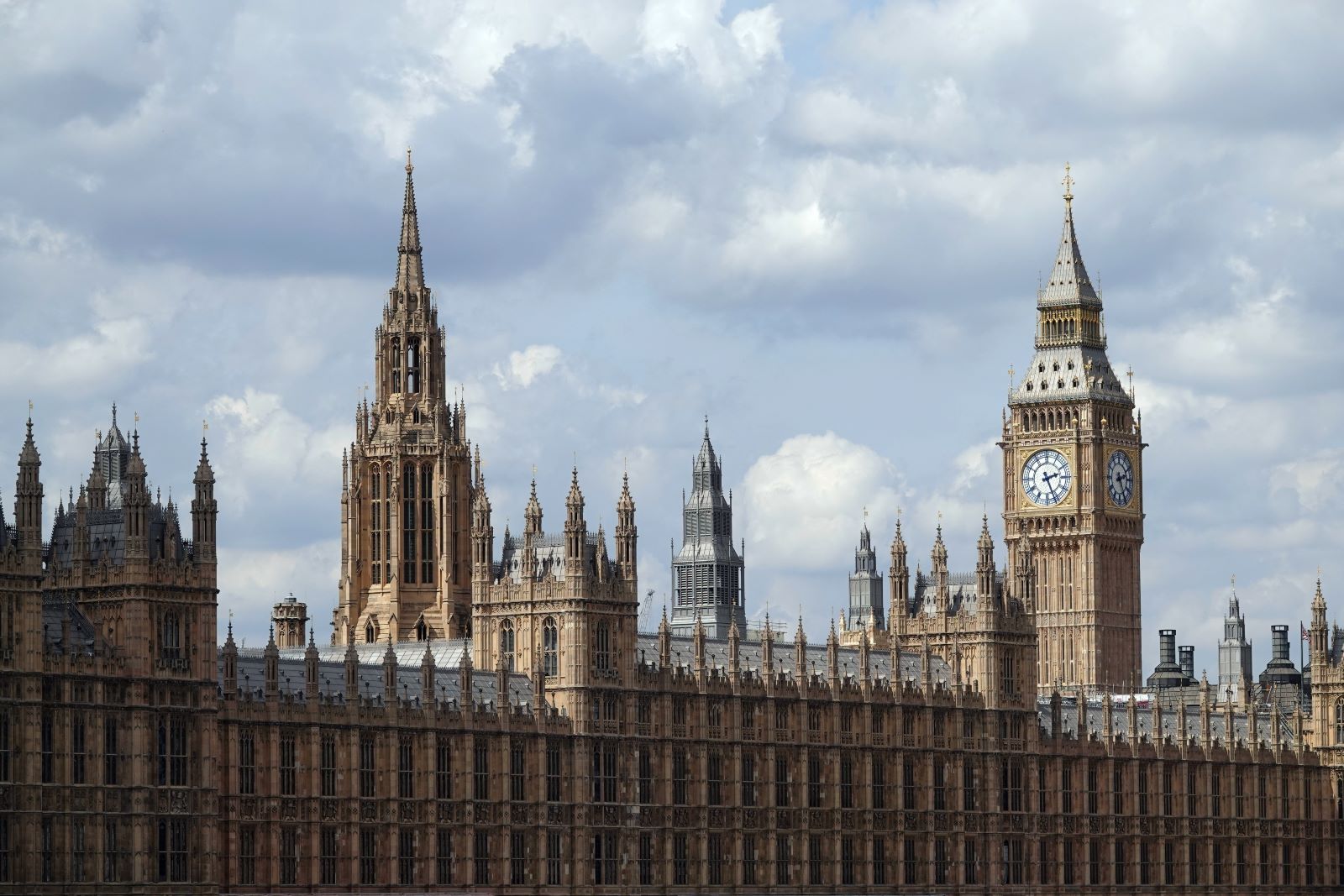
The UK has sold off over £9 billion worth of public land in the past decade, much of it snapped up by developers building luxury flats. Meanwhile, the housing crisis deepens. Cities like Vienna have kept control of public land, using it to build affordable housing for those who need it most. In the UK, the sell-off has left councils with little land and even fewer options to help solve the housing crisis.
8. NHS Outsourcing: When Profits Trump Patients
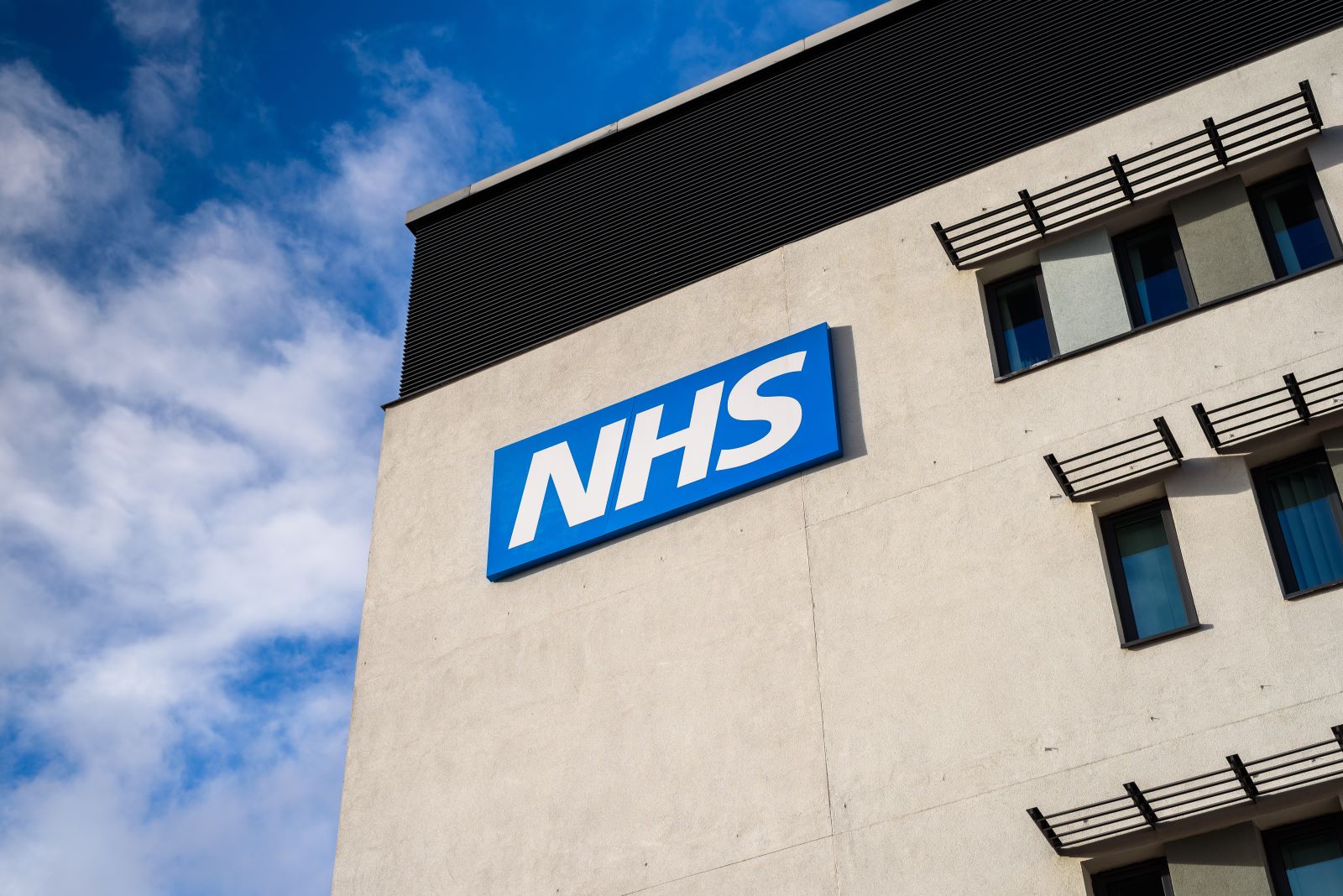
Privatisation within the NHS has been a disaster. Services like diagnostics and elective surgeries are now outsourced to private contractors, leading to higher costs and worse outcomes. A 2023 report by the British Medical Association confirmed that this shift has put profits ahead of patient care, eroding the NHS’s ability to provide free and effective treatment to all.
9. Buses: Higher Fares, Fewer Services
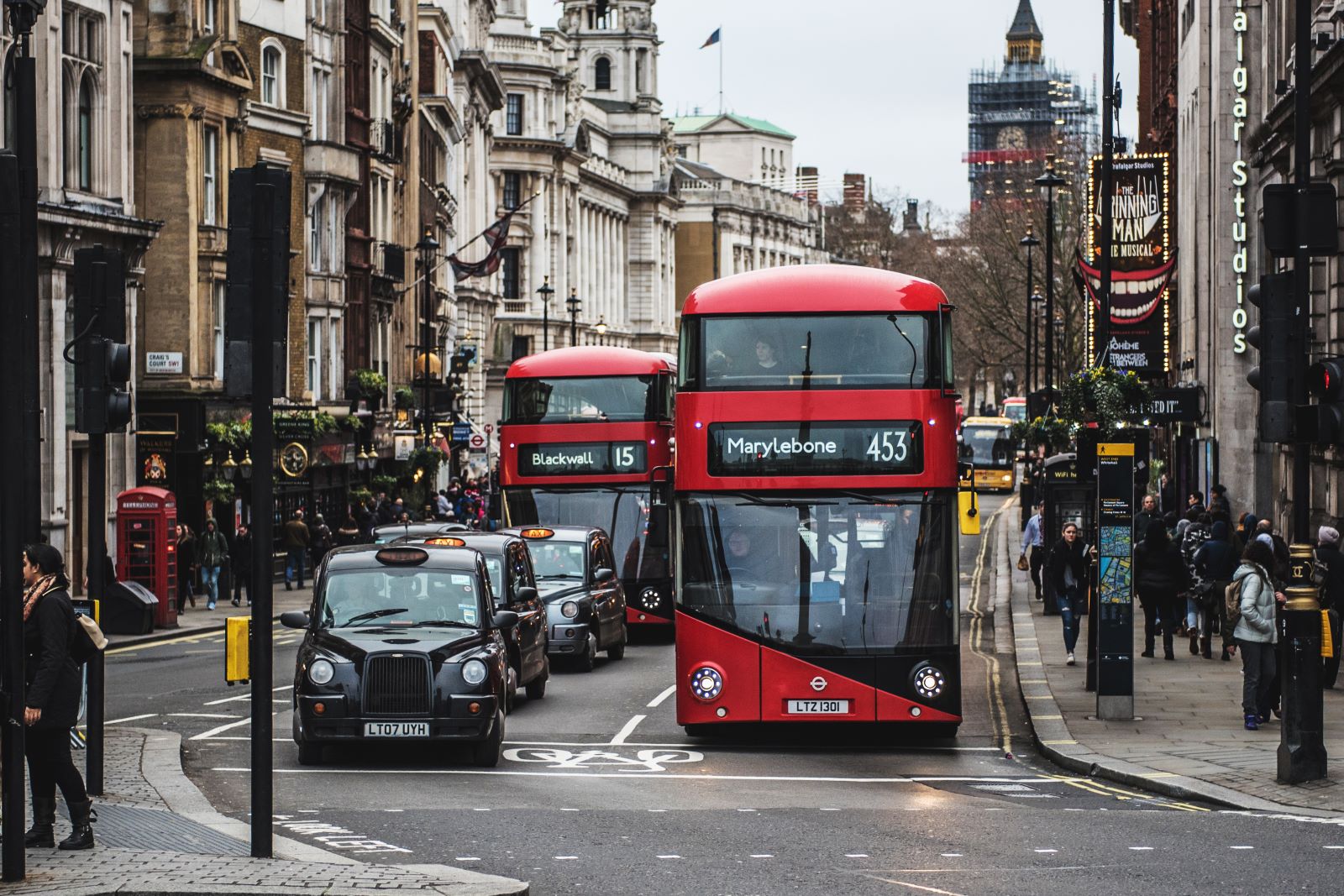
Outside London, bus services are fragmented and overpriced, thanks to privatisation. Fares have shot up by 30% since the early 2000s, and entire routes have been cut. Publicly owned bus networks in cities like Berlin and Vienna are still affordable and reliable, showing that public ownership works.
10. Roads: Potholes Galore
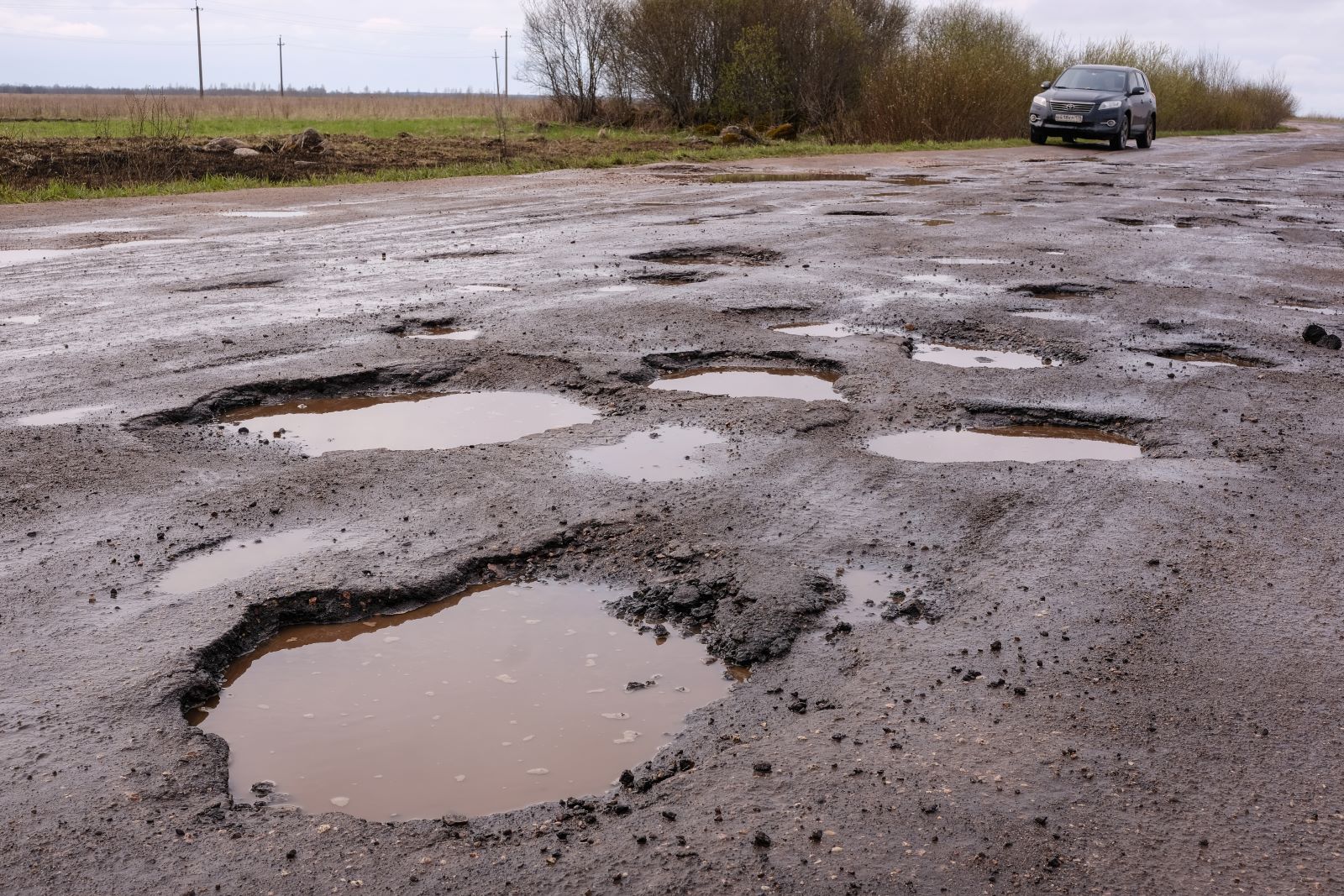
Privatising road maintenance has left UK roads in disrepair, with councils now needing an extra £10 billion to fix the damage caused by poor private contracts. Meanwhile, Germany’s publicly maintained roads are some of the best in Europe. Selling off road maintenance has left us dodging potholes while private contractors pocket the cash.
11. Hospitals: Outsourced Cleaning, Dangerous Results

Privatising hospital cleaning services has led to higher rates of infections like MRSA. A study by the London School of Hygiene and Tropical Medicine found that hospitals with privatised cleaning had worse outcomes than those keeping services in-house. Cutting corners on cleaning may save money, but it costs lives.
12. Nuclear Power: National Security for Sale
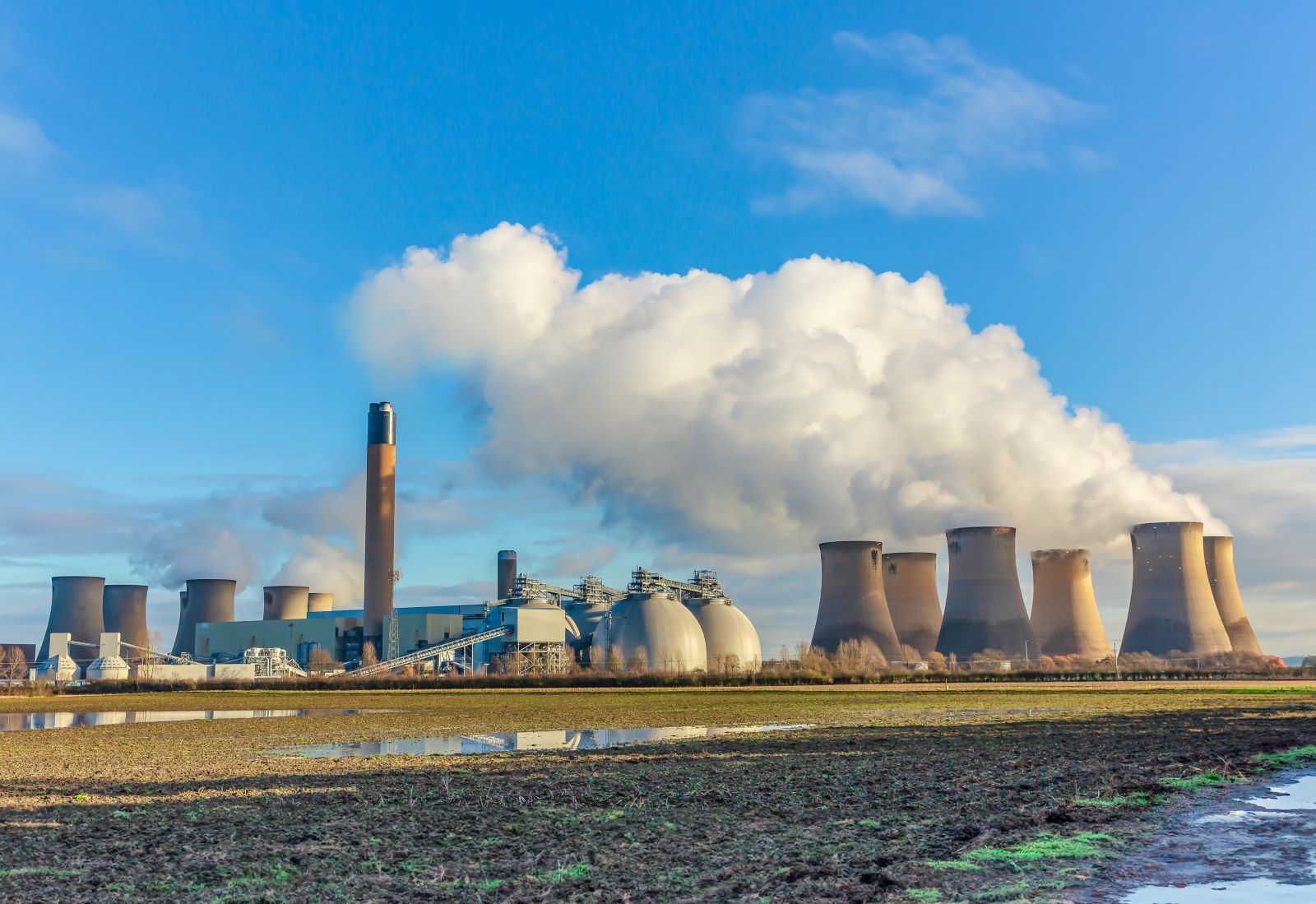
The UK’s decision to let foreign companies run its nuclear power stations has raised serious concerns. In France, the state keeps tight control over nuclear energy, ensuring security and stability. In Britain, we’ve handed over critical infrastructure to foreign interests, putting our long-term energy security at risk.
13. Car Parks: High Fees, Low Service
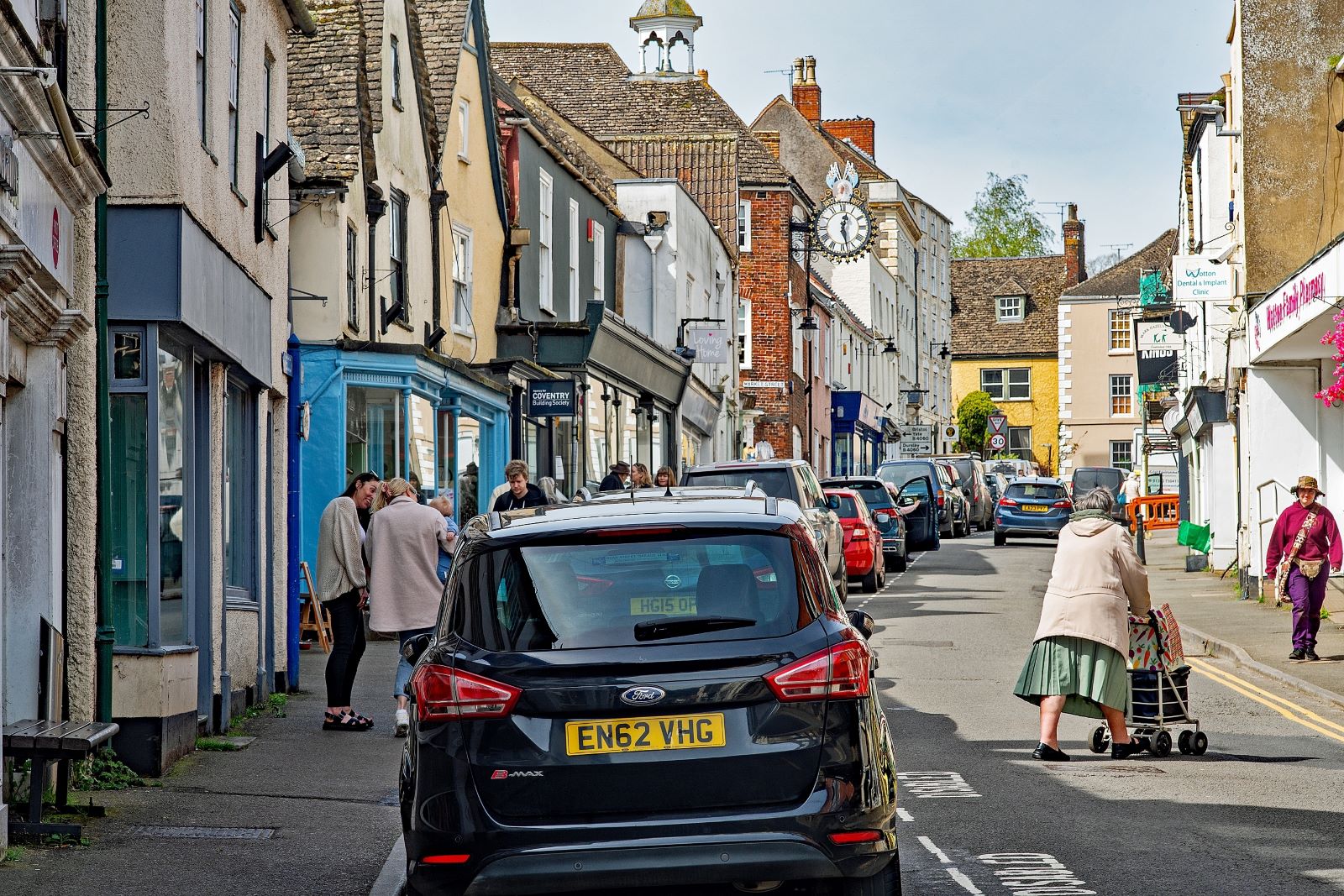
Selling off public car parks has led to inflated fees and poor maintenance. Private operators care more about profits than service, leaving councils with little control over parking in their own towns. In contrast, publicly owned car parks in cities like Barcelona offer affordable, well-maintained options for drivers.
14. National Grid: Energy Infrastructure in Private Hands

The privatisation of the National Grid has placed vital energy infrastructure in the hands of private investors. By keeping its energy grid public, France has managed energy supply and prices more effectively, especially during crises. The UK’s decision to sell off this asset has raised concerns about the long-term security of our energy systems.
15. Prisons: Profit Over Rehabilitation

Privatising prisons in the UK has led to poor conditions and higher reoffending rates. Private companies focus on cutting costs rather than rehabilitating offenders. Meanwhile, Norway’s state-run prisons prioritise rehabilitation and have achieved much better results for both inmates and society.
16. Housing: Public Land, Private Profit
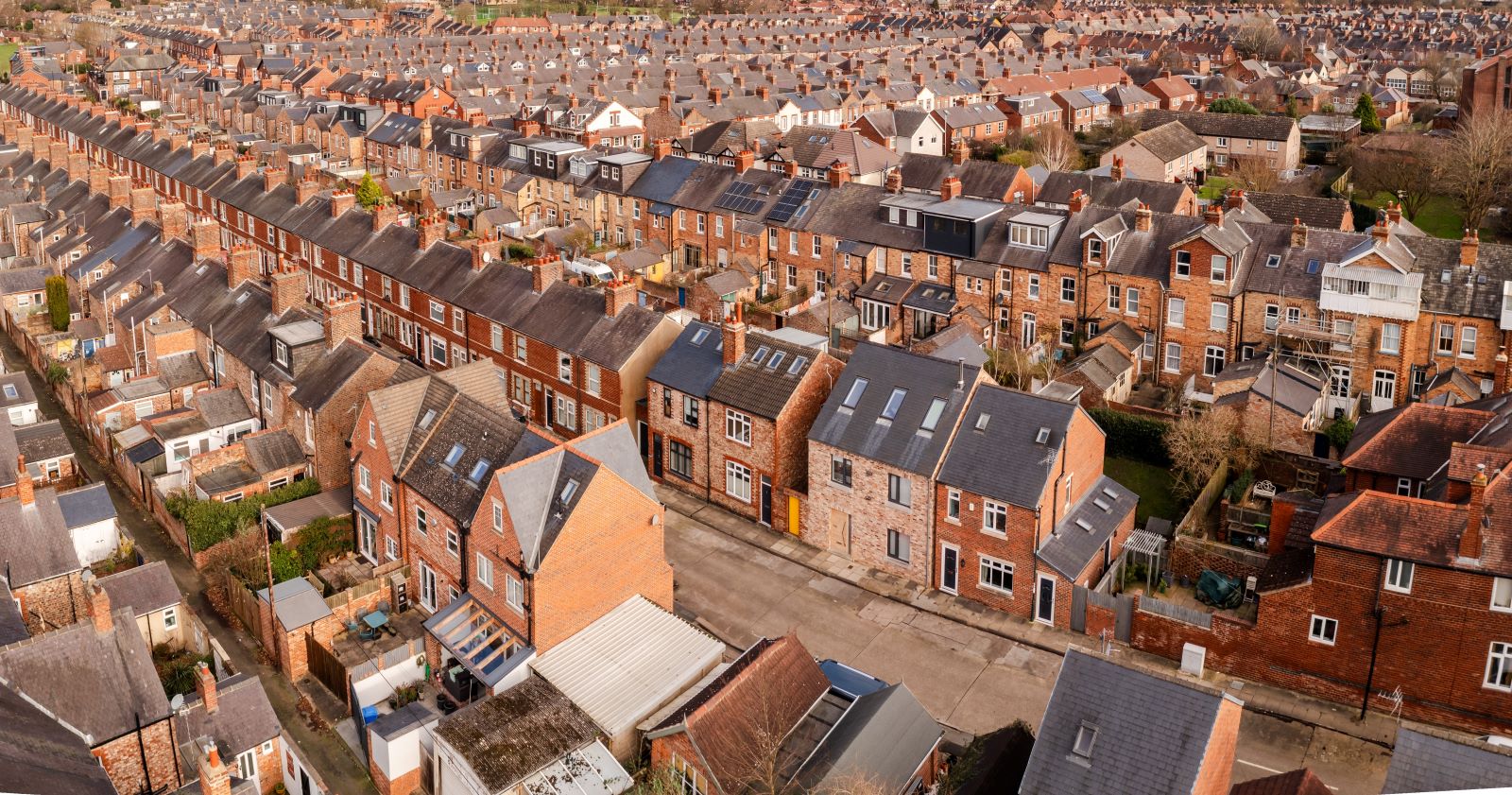
Selling public land has fuelled the housing crisis. Councils have lost billions in potential revenue while private developers build luxury flats that few can afford. Cities like Berlin have kept public land, using it to develop affordable housing and protect residents from spiralling rents. In the UK, the focus on selling has left those most in need without a place to live.
17. Public Broadcasting: The BBC’s Future in Jeopardy
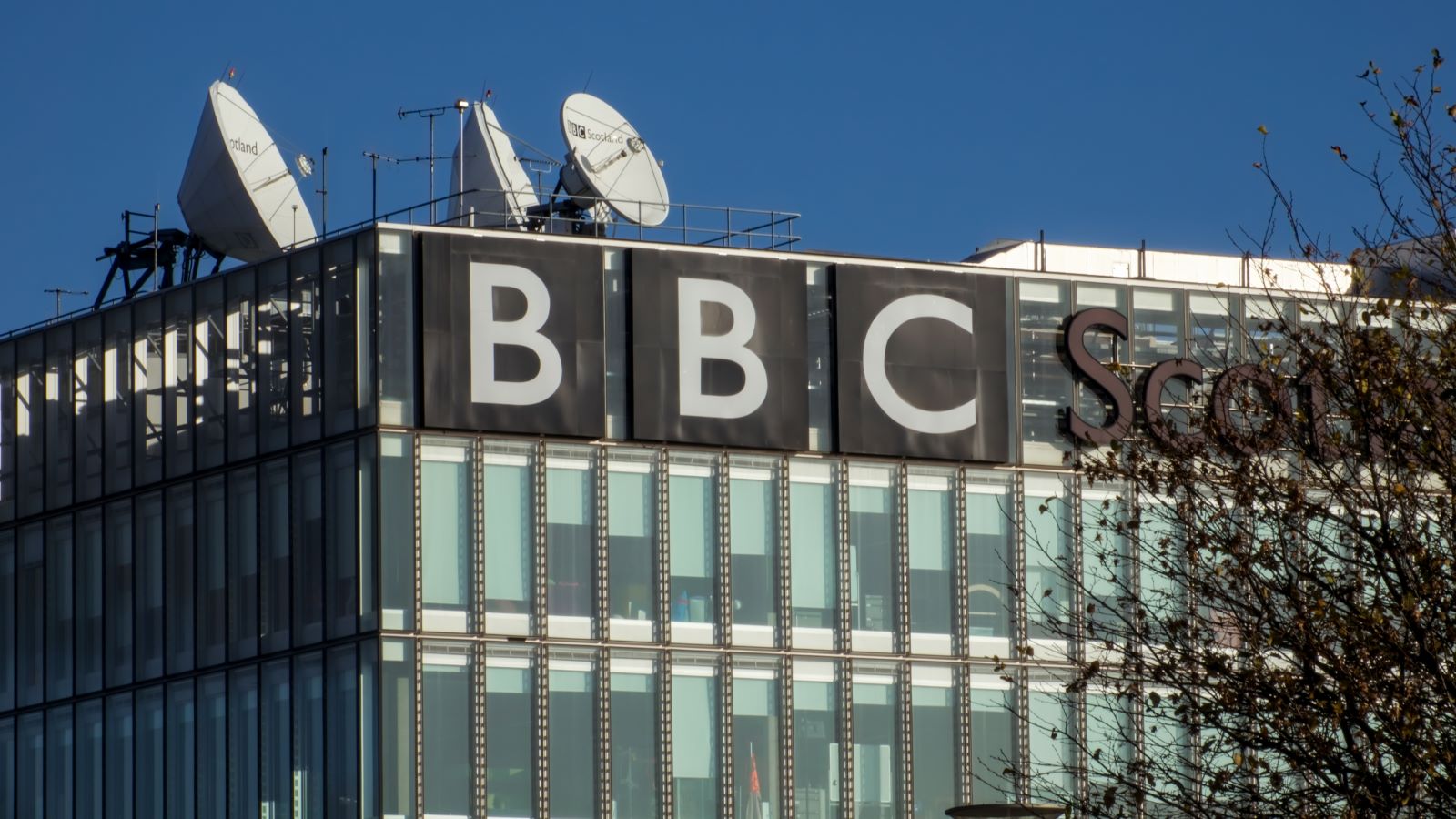
The BBC remains publicly owned but calls for privatisation continue to grow. Meanwhile, public broadcasters in Germany and Japan thrive, providing independent, high-quality content without the pressures of commercial interests. Selling off the BBC would undermine its independence and weaken one of the UK’s most important cultural institutions.
18. Water: The Public’s Taps, Private Profits

Privatisation has left England’s water companies more focused on profits than on providing clean, affordable water. In Scotland, where water remains public, services are cheaper, and infrastructure is better maintained. English water companies have paid out billions in dividends while leaving customers with higher bills and declining service.
So, Was It Worth It?

Privatisation was supposed to improve things, but for many Brits, it’s only made life more expensive and frustrating. With services like water, energy, and rail better managed in countries that keep them public, is it time to ask whether selling off these essential services was really worth it?
Featured Image Credit: Shutterstock / TreasureGalore.
For transparency, this content was partly developed with AI assistance and carefully curated by an experienced editor to be informative and ensure accuracy.
The images used are for illustrative purposes only and may not represent the actual people or places mentioned in the article.

